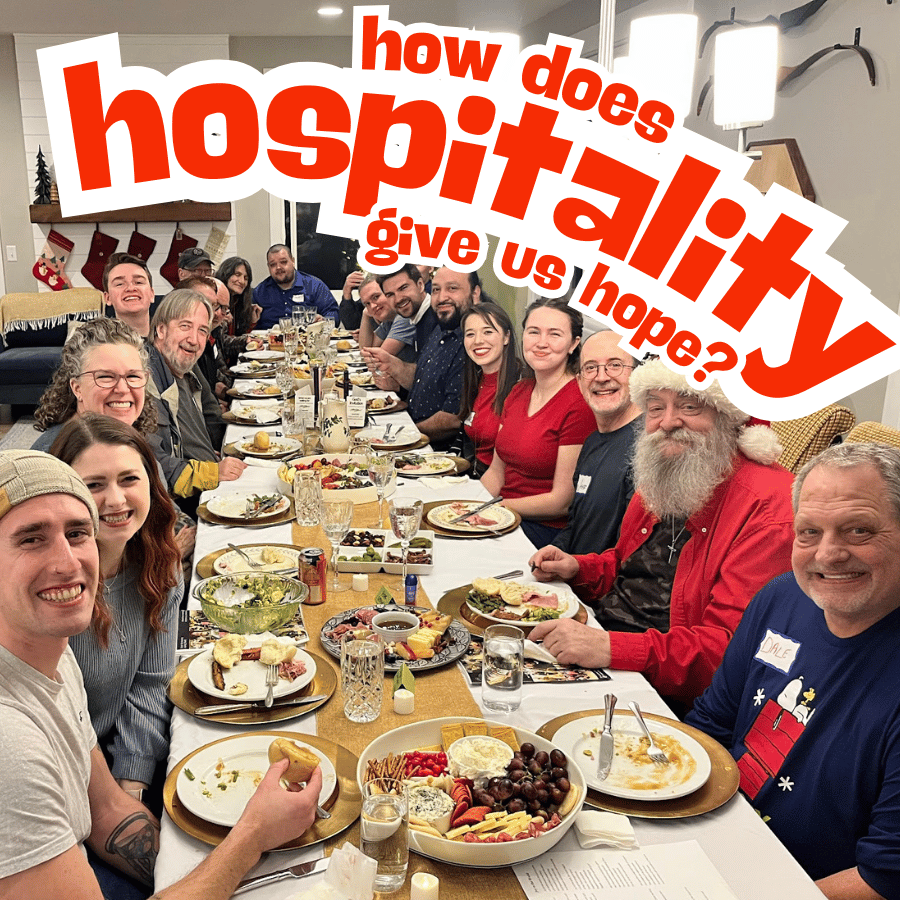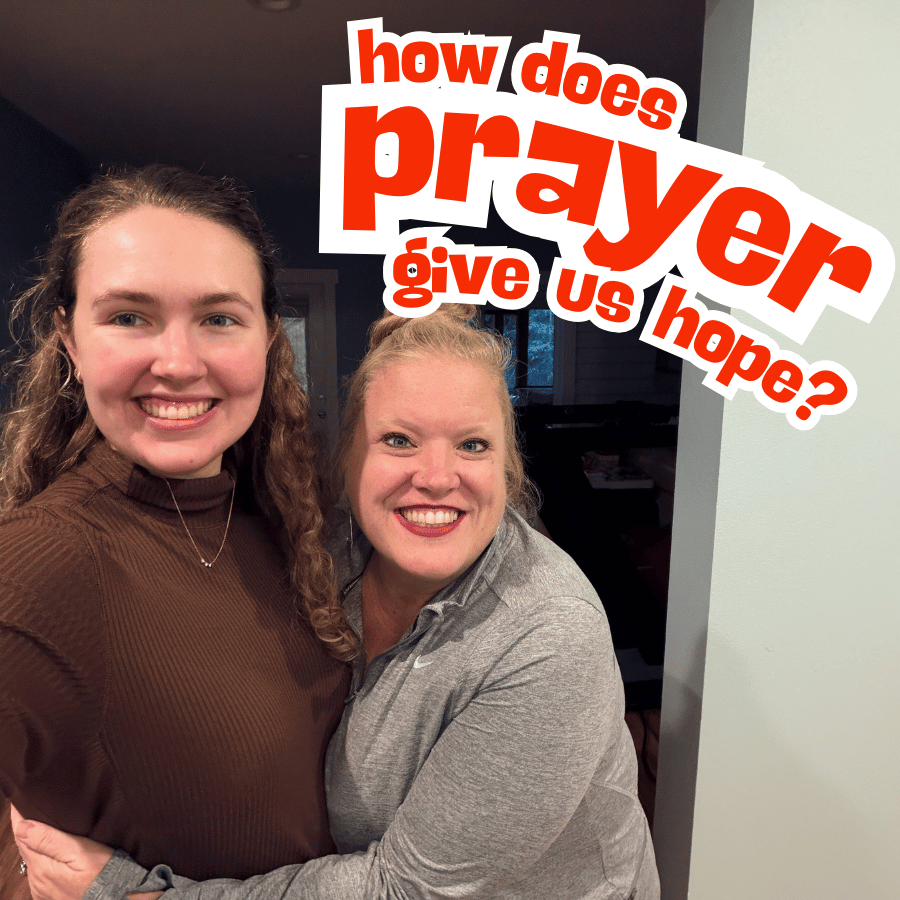From Street Corners to Shared Tables
Written by Emma McCoy
3 minute read
Sometimes, I think I’m the kind of person who was born at an “in the middle” time. I was born before cell phones had taken off (the iPhone was several years away), streaming services weren’t a thing, and Facebook wasn’t even a twinkle in Mark Zuckerburg’s eye. Back in 2001, the internet definitely existed, computers were becoming more popular (particularly laptops), and the technological landscape was changing. So it wasn’t like I watched technology completely revolutionize in my life—yet, I’m looking at you, AI—but I wasn’t just handed everything either. I remember VHS, DVD, the first iteration of Wii, and a time before Instagram had the option to post videos.
So yeah, I can feel in between things sometimes. Not only in a technological sense, but also in a cultural sense. I call myself a “second generation redneck” because both my parents were raised in the deep South in fairly rural contexts. I wasn’t raised there, but I have a sense of what it might have been like through their personalities. I was born in Texas but raised in the Pacific Northwest. I’m a devout Christian whose high school friends were religiously diverse. I didn’t necessarily reflect what I was seeing around me.
To go even broader in this theological sense, I feel in between christian cultural movements as well. I was born too late for the height of purity culture and street-corner preaching, but a bit too early for deconstruction and a relational model of sharing the gospel.
Well, too early if you don’t count my parents’ ministry pretty much always being relational, after having spent some years interrupting strangers at the airport and grocery store and...
Growing up, I caught bits and pieces of what used to be a cornerstone of evangelism: converting other people to Jesus by sharing the Gospel with complete strangers by interrupting them. My pastor at the church I go to here in San Diego, called Neighbors’ Church, preached last Sunday about what it means to share faith. He talked about how decades ago when he first came to Christ, he was bold and disruptive, often getting fined for street evangelism and was once detained at the Salt Lake City Olympics for ‘disrupting the peace.’ He told the congregation that while asking strangers to pray Jesus into their hearts is not necessarily wrong on principle, how many of them, five years later, were pursuing a relationship with God? How many people who’ve been told the Gospel still go to church? This is what happens when we stop looking at people as people and start viewing them as projects.
I get the sense that when I tell people I’m Christian, whether it’s a casual friend or cashier or leasing manager, they’re first association is with the experiences they’ve had with the project kind of evangelism. Where they’ve been slipped fake-money-Bible-verses, been shouted at on the street, handed a pamphlet at the mall, or been told earnestly over coffee that if they just accepted Jesus their problems would go away.
I don’t mean to set up a right/wrong or us/them dichotomy in the evangelical tradition. What I’m trying to do is point out that I’m pretty downstream of when street-preaching was popular. My attitude, the attitude of Neighbors’ Church in San Diego (where I go to church), and Spring Church in Bellingham (as well as plenty of other similar churches nowadays) is of viewing the Gospel as relational, where we live our lives as followers of Christ and be there with our religiously diverse friends with no strings attached, no secret agenda, and no disappointment if our “project” isn’t working. Also, when we do talk about our faith with them, we’re considerate about the timing, how they’re feeling, and helping them connect with what the Holy Spirit is already doing in their lives. Sharing is all about giving and receiving, so sometimes the Holy Spirit uses my religiously diverse friends to reveal the Good News to me, too!
Here’s the analogy I’m working with: in Psalm 23, David compares the Lord to a shepherd who leads his sheep beside quiet waters they can drink from. Water imagery is all over the Bible, from this psalm to how Jesus describes himself as the living water. If water is what gives us life, what we believe, and what we want to share, we’re not about to walk up to a religiously diverse friend and throw water in their face, which is often how it feels to be the recipient of a stranger’s exhortations from the street corner. That’d be so rude! Besides, I’m not likely to listen to a stranger who interrupts me, so why would I do that to someone else? It’s not exactly in line with how we’d like to share the Good News. And it doesn’t take into account the water we’d like to accept from them (ie, what the Holy Spirit might teach us through them, or what wisdom they have to share).
So if you’re different from me, and grew up in that tradition that’s more water-in-your-face, ‘I don’t care who you are or what kind of day you’re having,’ or, if you were on the receiving end of it, it’s important to address the gut reactions we might have when we talk about sharing the Gospel. If we’re not doing that style of teaching and preaching any more, then what does it look like to show up for a friend? Answer questions when they come up? Not hide our faith, but pray for the courage to speak up when the time comes?
This Sunday, join us for our Common Table Gathering as we explore our reactions, assumptions, and associations with sharing the Gospel, and how we can embrace a different, relational way of thinking about it that’s more grounded in doing things with other people rather than viewing them as projects. Because God made every person entirely unique, completely of value, and worthy of so much love and attention.






3-minute read